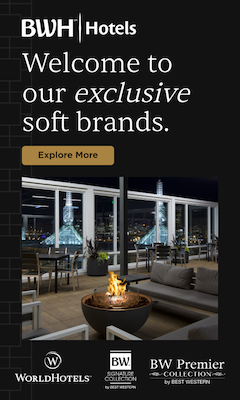News
Trio of investors bet big on The Big Apple with Intercontinental Times Square buy
It’s a hotel deal made in Manhattan. In a sign of confidence in the New York hotel market, three investment groups with strong local knowledge—Gencom, Argent Ventures and a Highgate—have…


